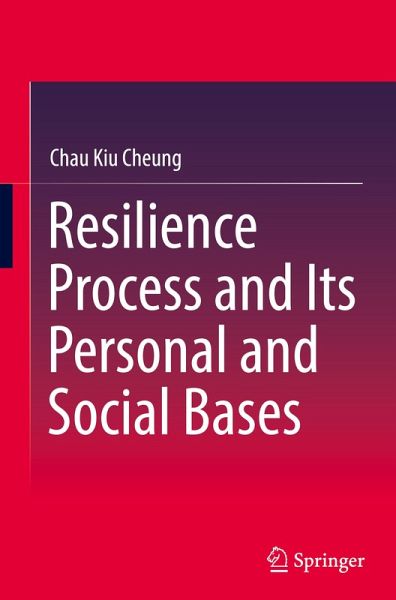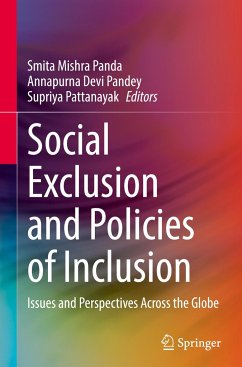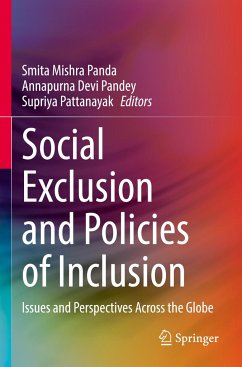
Resilience Process and Its Personal and Social Bases

PAYBACK Punkte
46 °P sammeln!
This book is to elucidate personal and social bases for personal resilience, thus addressing the issue concerning the predominance of social factors in shaping resilience. Essentially, the book starts with a clarification of resilience as a phenomenon rather than a trait. The clarification also identifies the personal bases in terms of the resilience process, which specifies belief about resilience as a precursor to learning about resilience, action for resilience, and resilience successively. To justify the personal and social bases, the book expounds the analytical-functionalist framework to...
This book is to elucidate personal and social bases for personal resilience, thus addressing the issue concerning the predominance of social factors in shaping resilience. Essentially, the book starts with a clarification of resilience as a phenomenon rather than a trait. The clarification also identifies the personal bases in terms of the resilience process, which specifies belief about resilience as a precursor to learning about resilience, action for resilience, and resilience successively. To justify the personal and social bases, the book expounds the analytical-functionalist framework to specify voluntaristic and deterministic mechanisms to perform the four requisite functions of goal attainment, adaptation, integration, and latency. Equipped with the conceptual and theoretical grounds, the book proceeds to scrutinize the effects of personal and social factors on resilience and its process. The personal factors include personal background characteristics, personality, functional disability, and various beliefs, whereas the social factors include experiences of caring, peace, violence, and social exclusion in society, kindness, sociability, and aid from other people, and social capital. The scrutiny engages five databases about 6.948 Chinese people in Hong Kong and neighboring Chinese cities, composed of the public, service users, older adults, students, and people with visual impairment. Overall, the book presents ample theoretical and empirical substances to clarify the genesis of resilience.














